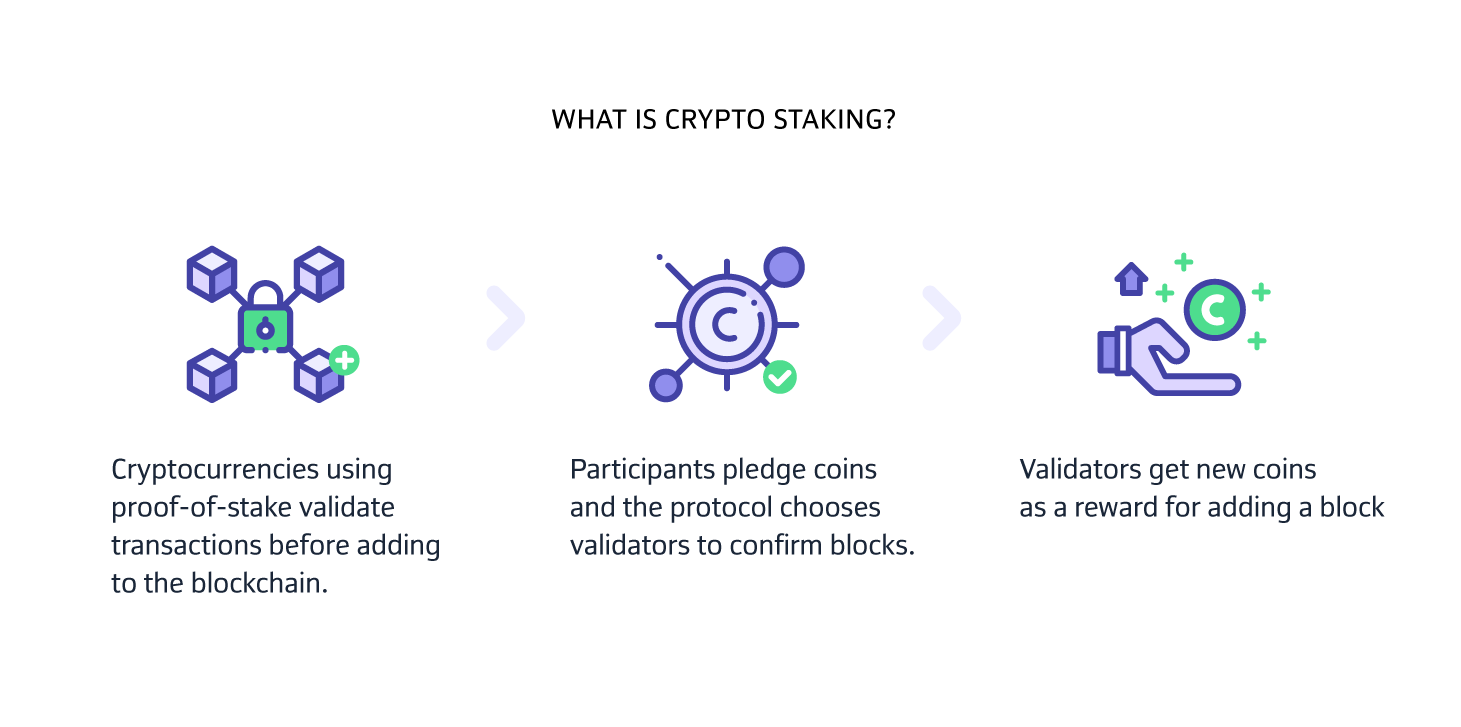

Is there a future for crypto staking in the United States?
It’s the question that’s been plaguing the crypto industry since the U.S Securities and Exchange Commission (SEC) brought charges against Kraken and shut the doors on the company’s staking-as-a-service offering in the U.S.
For some, the SEC’s move didn’t come as a surprise. There have been multiple complaints that the Biden administration is attempting to more broadly ban cryptocurrencies or at least make it very difficult for them to operate. Only recently, he signed an executive order calling on the government to examine the risks and benefits of cryptocurrencies.
The world of crypto is no stranger to volatility. In fact, many are attracted to it. But if the SEC has decided to crack down on custodial staking or staking-as-a-service (where the business owns and controls the cryptocurrency on your behalf) it changes the crypto staking game in the US. Whether that’s for better or worse depends on your position within crypto staking.
But before I go into that, here’s a quick reminder on what is crypto staking.
If an investor has crypto and isn’t planning to spend it in the immediate future, crypto staking is a way for them to earn a passive yield on their cryptocurrency.
It’s a little like a decentralized version of a centralized high-interest savings account.
It works by locking up investor’s tokens on the crypto network for a period of time, thereby contributing to the proof-of-stake system that ensures the networks stay secure and running.

When you stake your crypto on the network you can become a validator on that blockchain, verifying and processing transactions as they happen. To ensure you act honestly within the role of validator, your funds that you’ve locked-up in the network become a surety that can be destroyed.
Generally, investors won’t be doing this process themselves but will use a staking-as-a-service from a company like Coinbase (or previously Kraken) who will do the staking on the investor’s behalf.
The issue that the SEC had was that Kraken had failed “to register the offer and sale of their crypto asset staking-as-a-service program”. It also stated that when an exchange takes control of an investor’s crypto tokens on behalf of staking-as-a-service “that relationship should come with the protections of the federal security laws”.
What’s frustrating the crypto community is that the SEC is making these rulings despite not “giving formal guidance on what crypto assets it deems securities”.
Well, if you provide custodial staking, the winds seem to be blowing in the direction of losing. In a statement following the Kraken settlement, Gary Gensler, SEC Chair said that the ruling “should make clear to the marketplace that staking-as-a-service providers must register and provide full, fair and truthful disclosure and investor protection”.
That view could spell the beginning of the end for crypto staking in the U.S. As Coinbase Chief Legal Officer Paul Grewal put it “it’s a massive strategic error for the country. It creates an atmosphere of fear, uncertainty and doubt”.
If you are on the side of non-custodial (you own/control the crypto and delegate it to a business) however, then the horizon could be a little rosier. At least in the immediate future.
Austin Campbell, adjunct professor at Columbia Business School said, “in the short term, it’s definitely good news for on-chain direct staking and decentralized platforms, in the sense that people who want to stake have to use these options now”. The likes of Lido, the largest decentralized staking service, differ slightly from Kraken in that it also removes access barriers to staking but “they run their operations entirely on smart contracts - the self-executing computer programs that live on blockchains”. So there is no centralized company or management team.
That said, SEC’s Gensler has been open in his views around decentralized governance models in crypto and whether they are in fact more centralized than the crypto industry would like to believe. In which case the SEC may not leave non-custodial staking alone for long.
It’s a hard one to call at this stage. But I believe one thing is for sure and that’s more legislation is coming. Although that may be after more fines are dished out.
The issue that the crypto industry is rightly raising is that the SEC is punishing first and legislating second; fining businesses for things that haven’t been regulated yet and inventing the precedents as they go.
It all feels like a big knee-jerk reaction to the collapse of FTX and a need to show that something is being done to ensure a similar situation doesn’t happen again.
But what does it mean for our customers? Well, if the U.S. does ban or make staking difficult, we may well be spending time with our customers looking at moving their nodes outside of the U.S. and into other locations.
This will massively impact the industry’s ability to keep proof of stake nodes decentralized if we cut out the thousands of data center locations in the U.S. It will also impact performance and latency for companies in that part of the world if they are having to locate in data centers outside of the U.S.
Take a look at our industry page for more information about where our data centers are located and to chat to our team experts about how we support our Web3 customers with high-performance infrastructure.

Our resident Web3 expert, James helps customers that are busy changing the world by disrupting traditional frameworks to realize a decentralized future. Watch out, he practices Brazilian Jiu Jitsu.